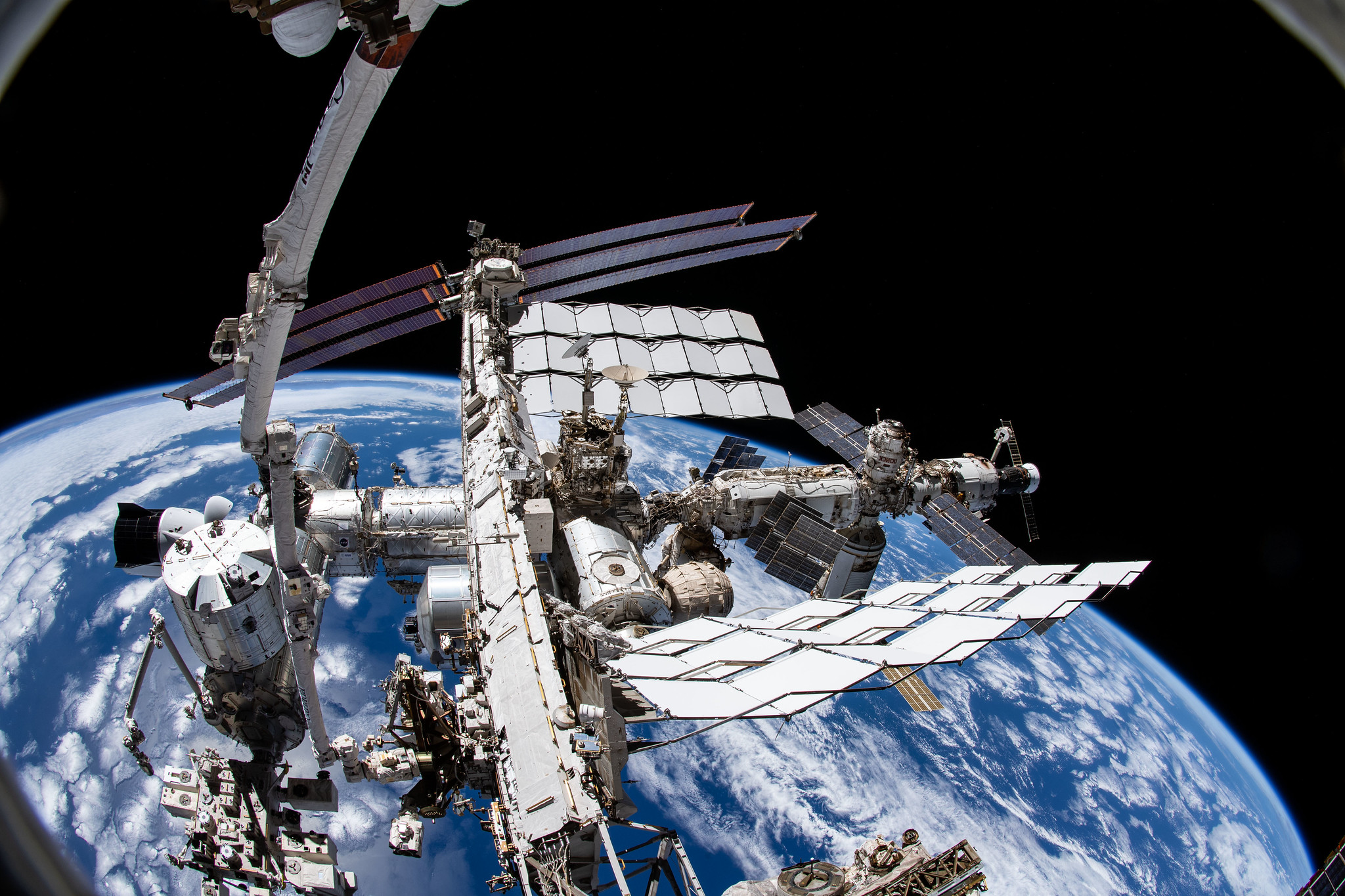Axiom Space, a private space habitat company, recently launched their latest mission, Axiom Mission 2 (Ax-2), to the International Space Station (ISS). This mission aims to conduct experiments on human stem cell ageing, inflammation, and cancer in the unique microgravity environment of space. The findings from these experiments not only contribute to the well-being of astronauts but also hold potential for advancing cancer treatment on Earth.
Accelerated Ageing, Inflammation, and Cancer in Microgravity
Microgravity conditions in space have been found to accelerate ageing, inflammation, and immune dysfunction in human stem cells. A deeper understanding of this process can have significant implications for improving cancer treatment strategies on Earth.
Testing Inhibitory Drugs for Breast Cancer
As part of Ax-2, Axiom Space will investigate whether two inhibitory drugs can reverse regeneration in an organoid model of breast cancer. This experiment aims to shed light on potential strategies to inhibit the growth and progression of cancer cells.
Evaluating the Effects on Blood Stem Cells
Another set of experiments will monitor the health of astronauts’ blood stem cells before, during, and after spaceflight. This research aims to assess the impact of the space environment on stem cell ageing, immune function, and the generation of cancer stem cells.
Collaboration and Funding
The experiments conducted during Ax-2 are part of the NASA-funded Integrated Space Stem Cell Orbital Research (ISSCOR) Center. This collaboration involves the University of California-San Diego Sanford Stem Cell Institute, JM Foundation, and Axiom Space. The data collected during the mission will be analyzed at UC San Diego.
Understanding Cancer Evolution and Immune Dysfunction
According to Catriona Jamieson, a Professor at UC San Diego School of Medicine, space provides a uniquely stressful environment. Conducting these experiments in low Earth orbit allows researchers to study cancer evolution within a compressed timeframe. The findings from these experiments will inform the development of new strategies to inhibit cancer stem cells and advance predictive models for cancer and immune dysfunction-related diseases.
Implications for Space Exploration and Earth
The knowledge gained from these experiments not only benefits space exploration but also holds promise for improving healthcare on Earth. The development of new drugs to prevent or treat cancer and immune dysfunction-related conditions can have a profound impact on both space exploration and medical advancements on our home planet.
Axiom’s Commitment to Advancing Research
Christian Maender, Executive Vice President of In-Space Solutions at Axiom Space, emphasizes their dedication to advancing this crucial work. The private astronaut missions conducted by Axiom Space align with the goals of the White House Cancer Moonshot initiatives. Axiom Space aims to improve life on Earth while fostering possibilities beyond by building and operating the world’s first commercial space station.
Also Read: Google’ Bard chatbot to launch globally, including India




 Which City is known as the Science City ...
Which City is known as the Science City ...
 Which District of Punjab is known as the...
Which District of Punjab is known as the...
 Open-Source & Made for India: VoicER...
Open-Source & Made for India: VoicER...








